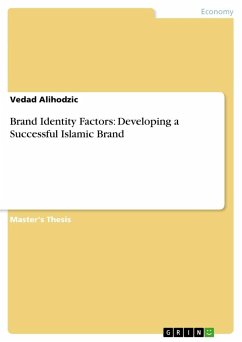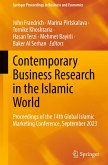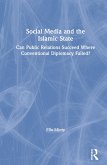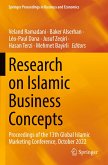The market for Islam-compliant products is getting more and more important, due to the high impact of religious obligation on Muslim consumer behaviour. According to studies, the market for Muslim-compliant brands has increased dramatically, with a global worth of $1.5 trillion a year. However, the market for Islam-compliant brands seems to be underdeveloped in Europe when compared to the rest of the world. Surprisingly, little research is conducted in this highly attractive segment, although Islam is assumed to be the fastest growing religion, with a total of 1.6 billion followers. Furthermore, especially young Muslim consumers constantly demand brands which enable an Islamic lifestyle.
When creating brands, the concept of brand identity is highly important as it provides brand uniqueness and the main idea of what a brand stands for. Furthermore, this concept is a fundament for making target-group-specific decisions in brand management. The central question within this study concerns the fact that within the global environment, Muslims especially in non-Muslim countries do not know whether a brand is compliant with Islamic standards and can thus be consumed.
This study contributes to close the gap in this segment by identifying several brand identity factors which can help to create an Islam-compliant brand identity. A model is created which helps to manage brand identity in order to attract Muslim consumers. Furthermore, it allows balancing each brand identity according to the needs of a target group and, consequently, enables Muslim consumers to identify a brand as Islam-compliant.
When creating brands, the concept of brand identity is highly important as it provides brand uniqueness and the main idea of what a brand stands for. Furthermore, this concept is a fundament for making target-group-specific decisions in brand management. The central question within this study concerns the fact that within the global environment, Muslims especially in non-Muslim countries do not know whether a brand is compliant with Islamic standards and can thus be consumed.
This study contributes to close the gap in this segment by identifying several brand identity factors which can help to create an Islam-compliant brand identity. A model is created which helps to manage brand identity in order to attract Muslim consumers. Furthermore, it allows balancing each brand identity according to the needs of a target group and, consequently, enables Muslim consumers to identify a brand as Islam-compliant.








